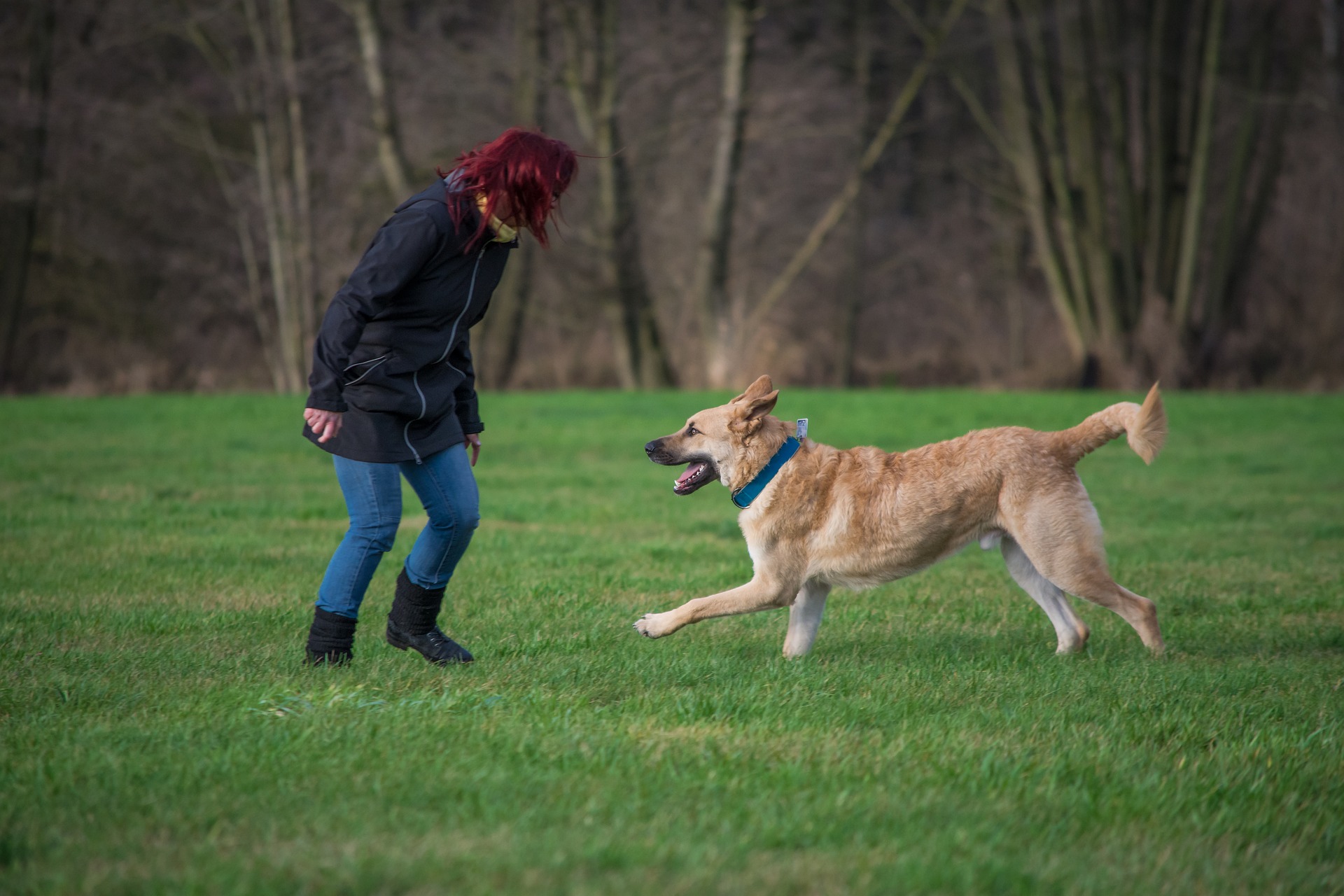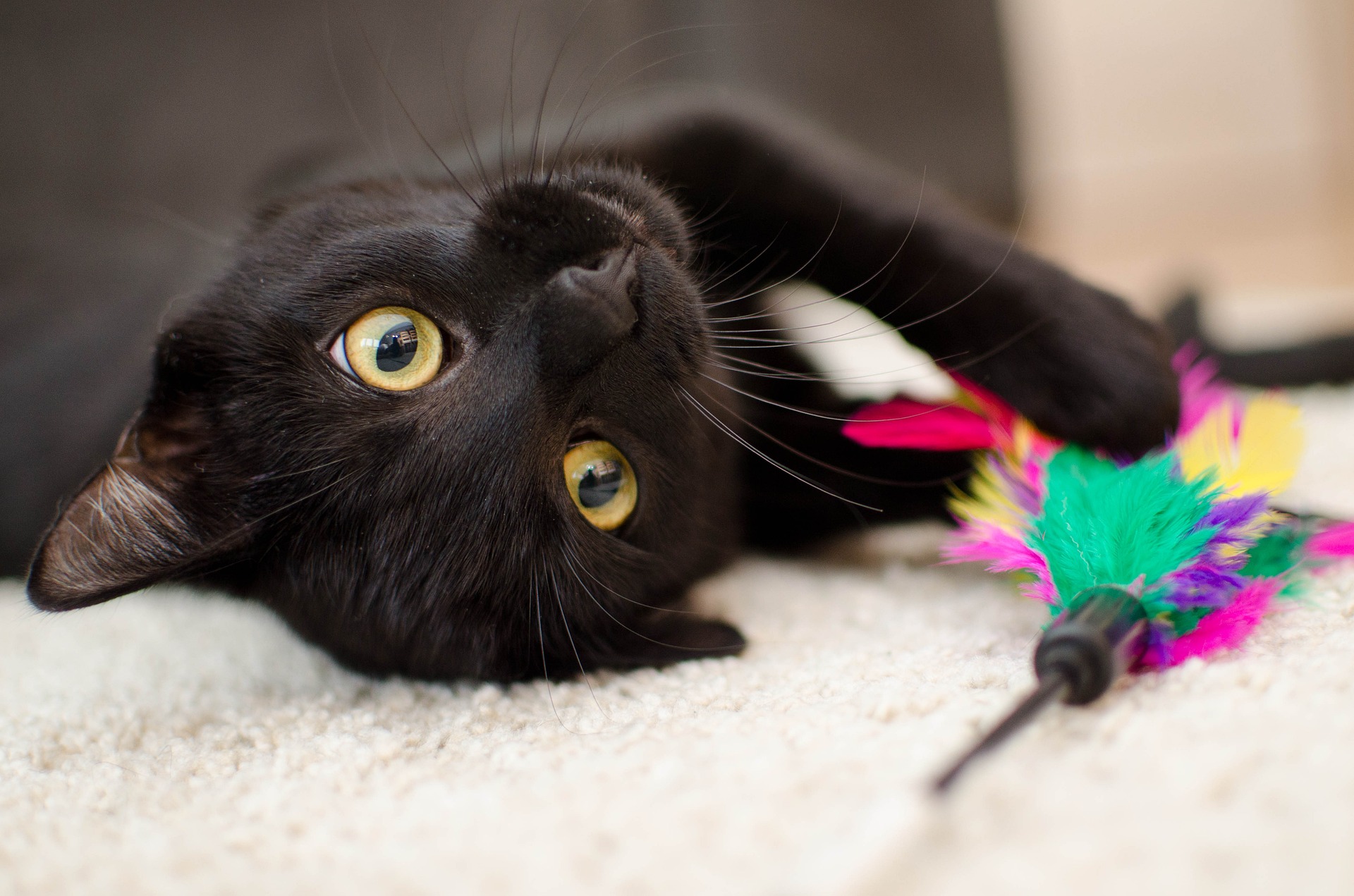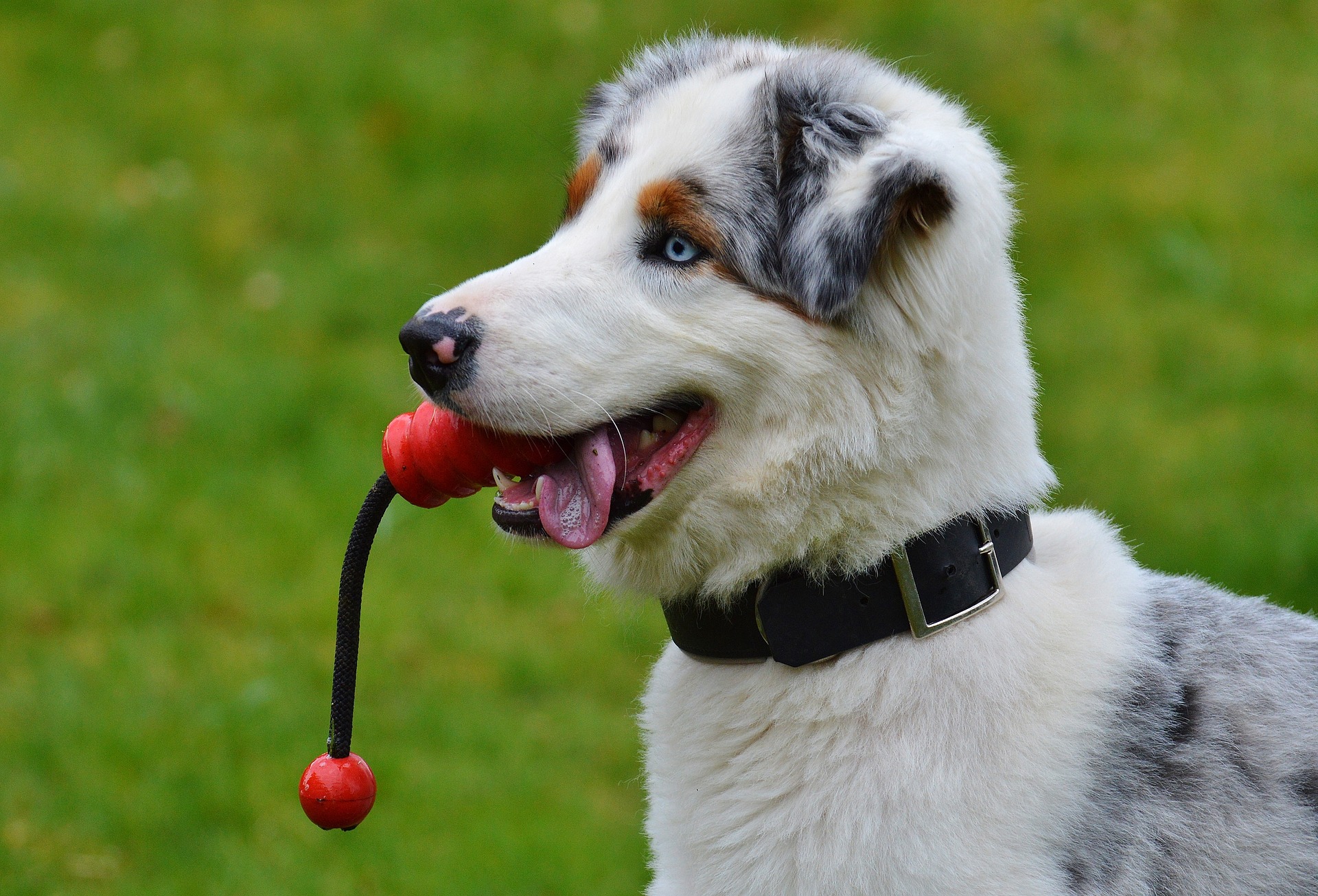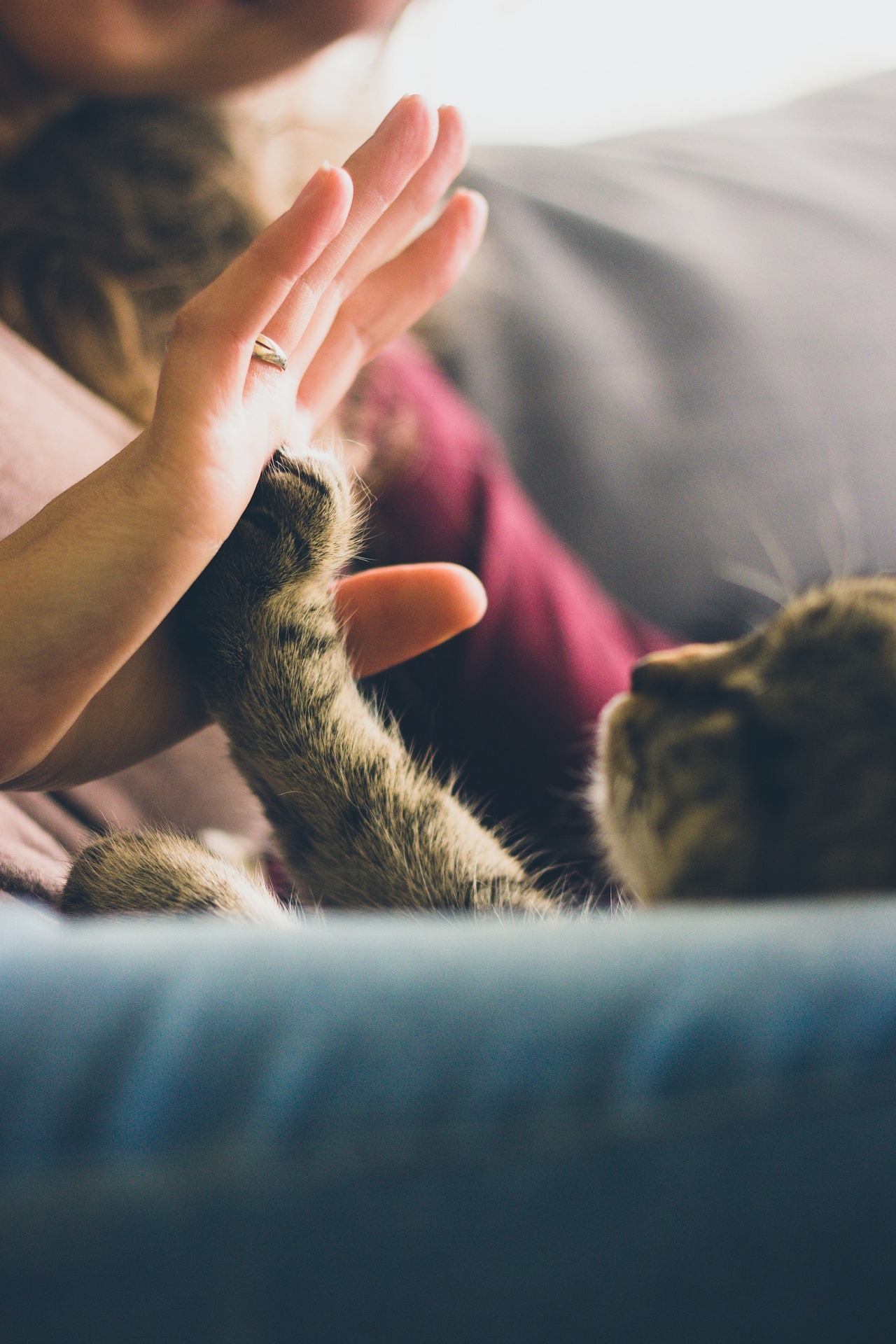by Sharon Quercioli
Adopting a pet is beneficial for more than just a healthy, happy home. It’s good for your health, can help you with social anxiety, and is great for your quality of life. From your physical self to your emotional self, having a pet in your home is great for your whole well-being.
Pets Can Help Decrease Your Stress Level
 We all live stressful lives. Whether you’re a work-from-home parent, a CEO of a multi-million-dollar company, self-employed creative or full-time student, our lives are filled with responsibilities, to-do lists and tasks that can spike our blood pressure.
We all live stressful lives. Whether you’re a work-from-home parent, a CEO of a multi-million-dollar company, self-employed creative or full-time student, our lives are filled with responsibilities, to-do lists and tasks that can spike our blood pressure.
A study undertaken at the State University of New York in Buffalo concluded that people experience less stress when they are around someone that they cared about—even when they had to perform a stressful task. This means that if you’re at work taking care of demanding and taxing errands, you could be lowering your stress level by being around a spouse, friend or family member. Of course, we’re not all able to work with people who we care about. However, if your company allows for a “bring your pet to work day” or situation when you can bring your pets with you to the office, it could help decrease your anxiety and stress.
This is one of the reasons why people who are in rehab or in the hospital recovering are able to see therapy dogs. The mere presence of a dog can help you feel at ease and calm your nerves.
Pets Can Help You Lower Your Blood Pressure
 A large portion of the United States suffers from high blood pressure. There have been multiple studies done to determine whether or not there is a correlation between having lower blood pressure and owning a pet. The Centers for Disease Control and Prevention (the CDC) have concluded that there is a correlation.
A large portion of the United States suffers from high blood pressure. There have been multiple studies done to determine whether or not there is a correlation between having lower blood pressure and owning a pet. The Centers for Disease Control and Prevention (the CDC) have concluded that there is a correlation.
 It stands to reason, too. If having a dog helps you de-stress, the lower stress levels can lead to lower, healthier blood pressure as well. There has been considerable research done on the partnership between the act of petting a dog and the amount of serotonin in the brain and most have concluded that even just petting a dog can release the happy hormone.
It stands to reason, too. If having a dog helps you de-stress, the lower stress levels can lead to lower, healthier blood pressure as well. There has been considerable research done on the partnership between the act of petting a dog and the amount of serotonin in the brain and most have concluded that even just petting a dog can release the happy hormone.
Pets Can Help You Meet New People and Socialize More
 While it may seem like having a pet might keep you more busy and preoccupied, which can lead to you being more anti-social, the opposite is actually true. When you own a dog (or another pet), you will be taking him or her on walks, going to the dog park, going to pet stores, meeting people on the Internet who have the same breed of dog, etc. There are many social interactions that occur because of your pet. This doesn’t just apply to dogs either. There are also cat groups, as well as exotic pet groups, tropical fish meet-ups, and even guinea pig interest groups online and in real life.
While it may seem like having a pet might keep you more busy and preoccupied, which can lead to you being more anti-social, the opposite is actually true. When you own a dog (or another pet), you will be taking him or her on walks, going to the dog park, going to pet stores, meeting people on the Internet who have the same breed of dog, etc. There are many social interactions that occur because of your pet. This doesn’t just apply to dogs either. There are also cat groups, as well as exotic pet groups, tropical fish meet-ups, and even guinea pig interest groups online and in real life.
Pets Can Get You Develop Better Habits
 I have a friend who swapped from a fairly active job as a child-care worker to a sedentary job as a writer. While this was a dream come true for her, there were drawbacks that she didn’t expect. She began to gain weight since she was suddenly behind a desk all day, and she was becoming more and more anti-social because of her solitary career choice.
I have a friend who swapped from a fairly active job as a child-care worker to a sedentary job as a writer. While this was a dream come true for her, there were drawbacks that she didn’t expect. She began to gain weight since she was suddenly behind a desk all day, and she was becoming more and more anti-social because of her solitary career choice.
After a while, she and her husband decided to get a dog. While they chose to adopt a dog for other reasons, their new terrier has become a lifesaver for her. She has to regularly get up and walk up and down the stairs to let the dog out; they go on walks around the block twice a day, and she also has someone to talk to during the day—though, admittedly, he doesn’t talk back. Tough days are made easier because she has a pet to keep her company and to help de-stress her chaotic work-life.
Having a pet can help you develop better, healthier habits like standing up and moving regularly, living a more active lifestyle and even eating better. When you pay attention to what your pet is eating, you are apt to watch your food intake as well.
 This is one of the main reasons why it is healthy for families with children to own pets. Animals help children develop into responsible adults. Children who become attached to pets learn to express themselves more, and they relate to other living things easily. They can also help children focus on responsibilities, work on regular routines and help sooth nervous and anxious children.
This is one of the main reasons why it is healthy for families with children to own pets. Animals help children develop into responsible adults. Children who become attached to pets learn to express themselves more, and they relate to other living things easily. They can also help children focus on responsibilities, work on regular routines and help sooth nervous and anxious children.
